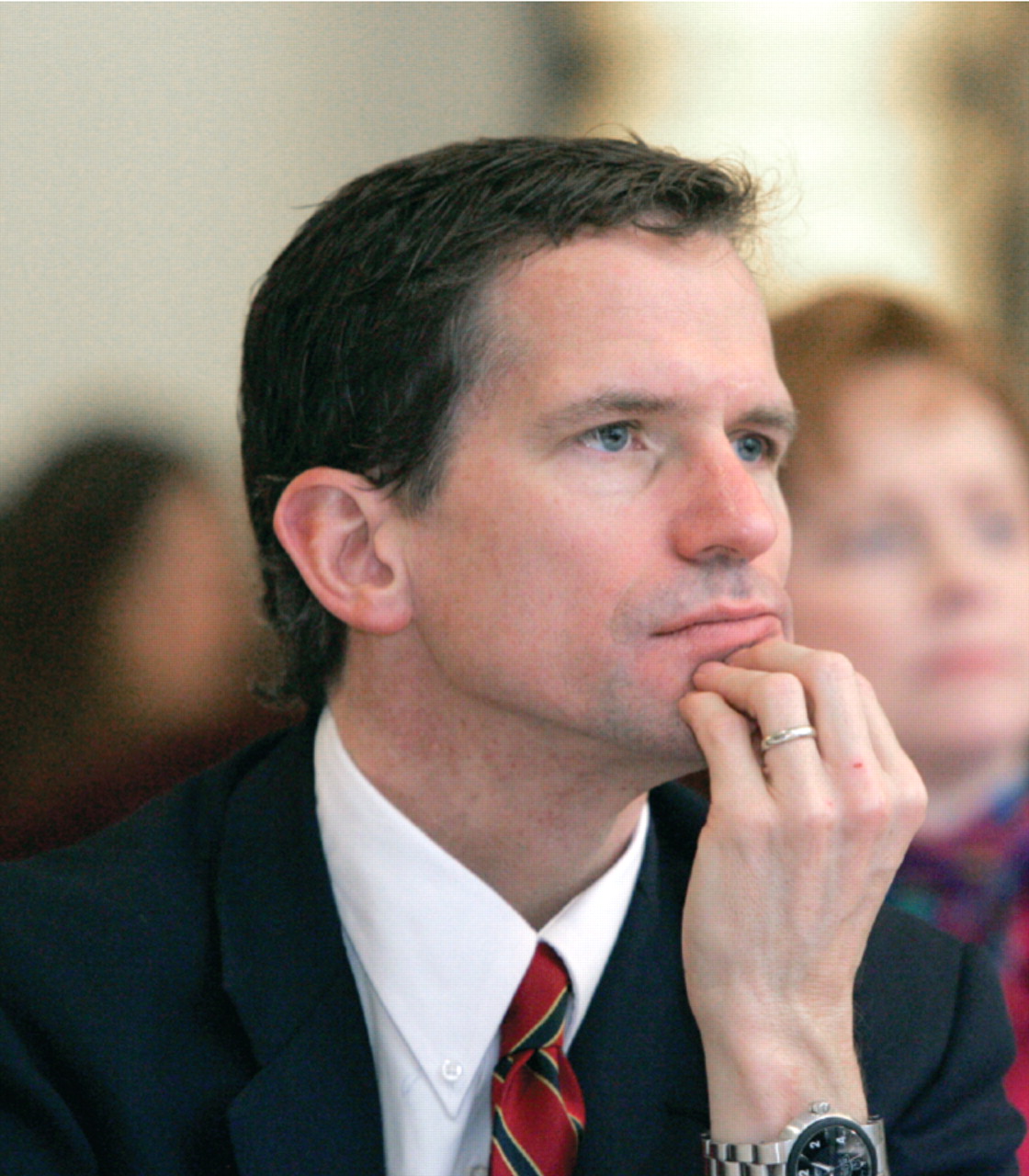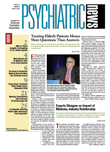During his psychiatry residency, Mark Townsend, M.D., who had become the first APA medical student member in 1984, joined the Association's Caucus of Lesbian, Gay, and Bisexual (LGB) Psychiatrists, one of APA's caucuses for minority/underrepresented groups. The caucus works through the Assembly to address the concerns of gay and lesbian psychiatrists and the treatment of gay and lesbian patients.
“I joined because I wanted APA to know how many members were lesbian, gay, or bisexual. I thought that could only positively influence APA. We needed to be counted,” said Townsend, vice chair of the Department of Psychiatry at Louisiana State University Health Sciences Center in New Orleans.
Townsend joined the caucus about a decade after the APA Board of Trustees had affirmed in 1973 that homosexuality was not a mental disorder.
Even so, there was still important work to do. Indeed, over the years, the LGB caucus has helped establish APA positions on issues such as recognition of same-sex civil marriage, disapproval of “reparative therapy,” and the support of adoption and co-parenting by same-sex couples.
Today, an increasingly diverse work-force of health care professionals is serving increasingly diverse communities across the nation. Among the ways that APA addresses this diversity is through the minority/underrepresented (M/UR) caucuses.
In addition to the LGB caucus there are caucuses representing American Indians, Alaska Natives, and Native Hawaiians; Asian Americans; blacks; Hispanics; international medical graduates; and women.
The caucuses meet during APA's annual meeting, said Gail Robinson, M.D., chair of APA's Assembly Committee of Representatives of Minority and Underrepresented Groups.
Robinson said that the caucuses serve as forums in which members can share ideas and concerns, learn of professional opportunities, and discuss strategies for improving the care of patients and their families and communities by taking into account their racial, cultural, and ethnic background, as well as gender and sexual orientation.
Furthermore, the M/UR caucuses, she said, “provide linkages with other APA committees and offer opportunities for members to learn about and influence APA Assembly initiatives.”
Robinson also serves as the elected representative to the Assembly of the Caucus of Women Psychiatrists, which works on issues such as leadership training and mentoring for women, reproductive rights, and violence against women.
APA members who identify with the mission and advocacy work of a particular caucus can join that caucus at any time. Membership is free. Under Association rules, APA members may join only one caucus in the year, though they may attend other caucus meetings. Each caucus elects a representative and a deputy representative to the APA Assembly. Serving in this capacity often opens doors for their involvement in other APA leadership activities. Each caucus also communicates regularly about issues of mutual concern with APA's standing committees dealing with similar issues of minority and underserved populations. Those committees are appointed each year by the APA president-elect.
In terms of history and longevity, the Caucus of Black Psychiatrists has led the way for the other caucuses to bloom. This caucus was the first to be established and came into being through the pioneering work of an informal, ad hoc group of African-American psychiatrists in the late 1960s. The group highlighted the need for black psychiatrists and APA leadership to establish an open and constructive dialogue, said Stephen McLeod-Bryant, M.D., a 20-year member of the Caucus of Black Psychiatrists now serving a third term as its representative to the APA Assembly. The group also wanted APA to address the benign neglect or outright racism systemic in the health care system generally and in the psychiatric health care system specifically, he said.
The group's early work was “radical,” said McLeod-Bryant, an associate professor in the Department of Psychiatry and Behavioral Sciences at the Medical University of South Carolina. “I was strongly influenced by the leadership and vision of Jeanne Spurlock,” he said, referring to the late, pioneering black psychiatrist who served as an APA deputy medical director and the first director of the Office of Minority and National Affairs. “She invited us to come along as young psychiatrists, and I found it a nice place of support for being a member of APA.”
Among the major changes at APA that came about through the efforts of the informal ad hoc group, was the establishment of the black caucus itself and the creation of the first Committee of Black Psychiatrists.
Among the achievements of which McLeod-Bryant is most proud is the work done by the caucus, along with the Committee of Black Psychiatrists, to help draft APA's position statement on racism. Approved by the board in 2006, it is posted at<www.psych.org/Departments/EDU/Library/APAOfficialDocumentsandRelated/PositionStatements/200603a.aspx>.▪


